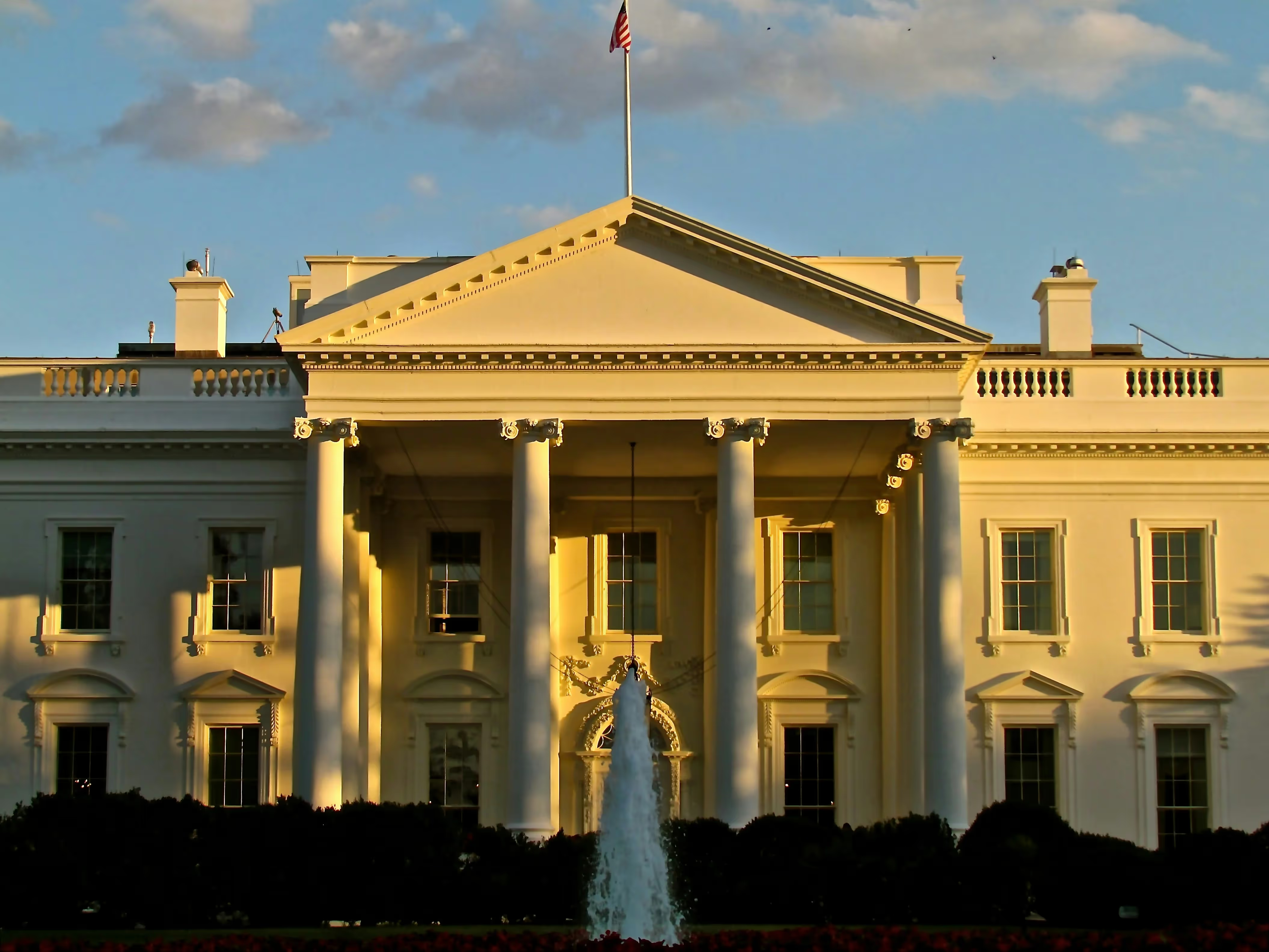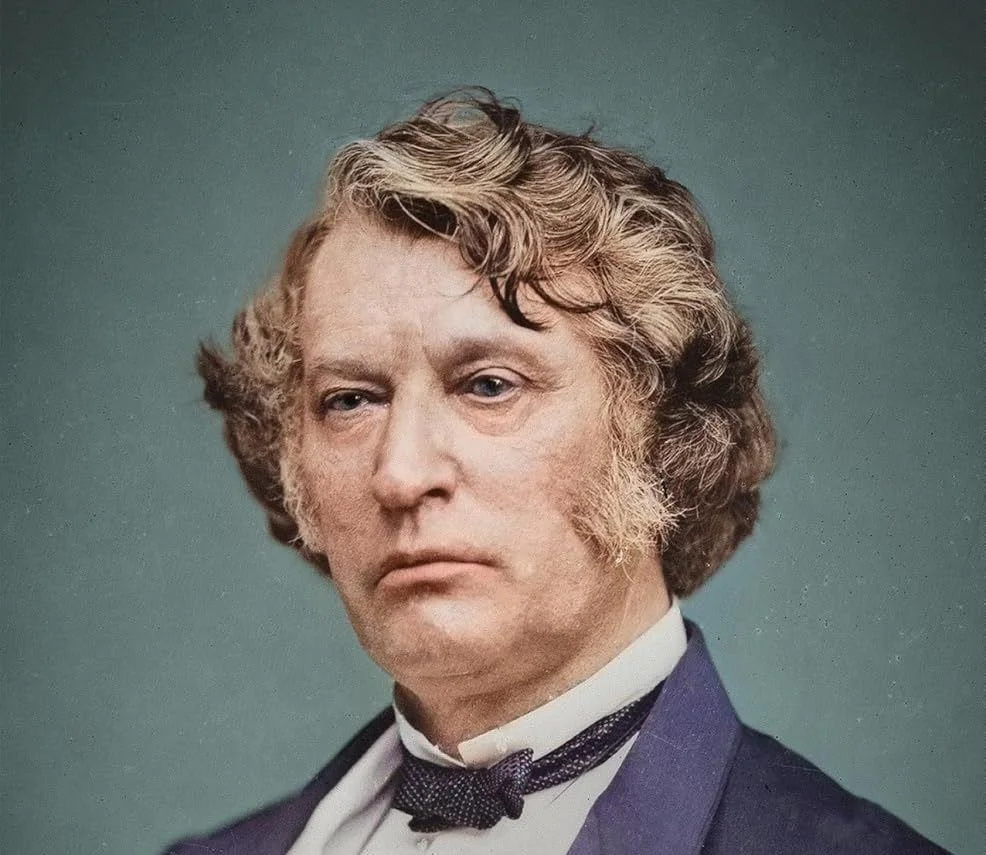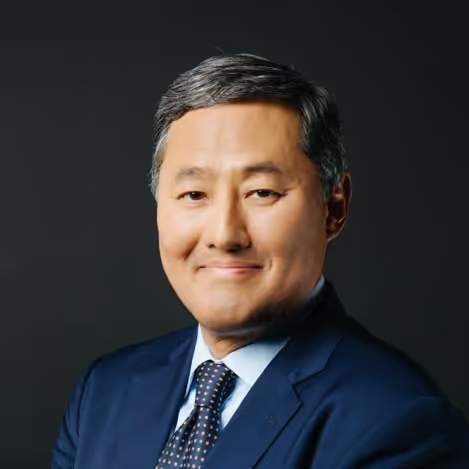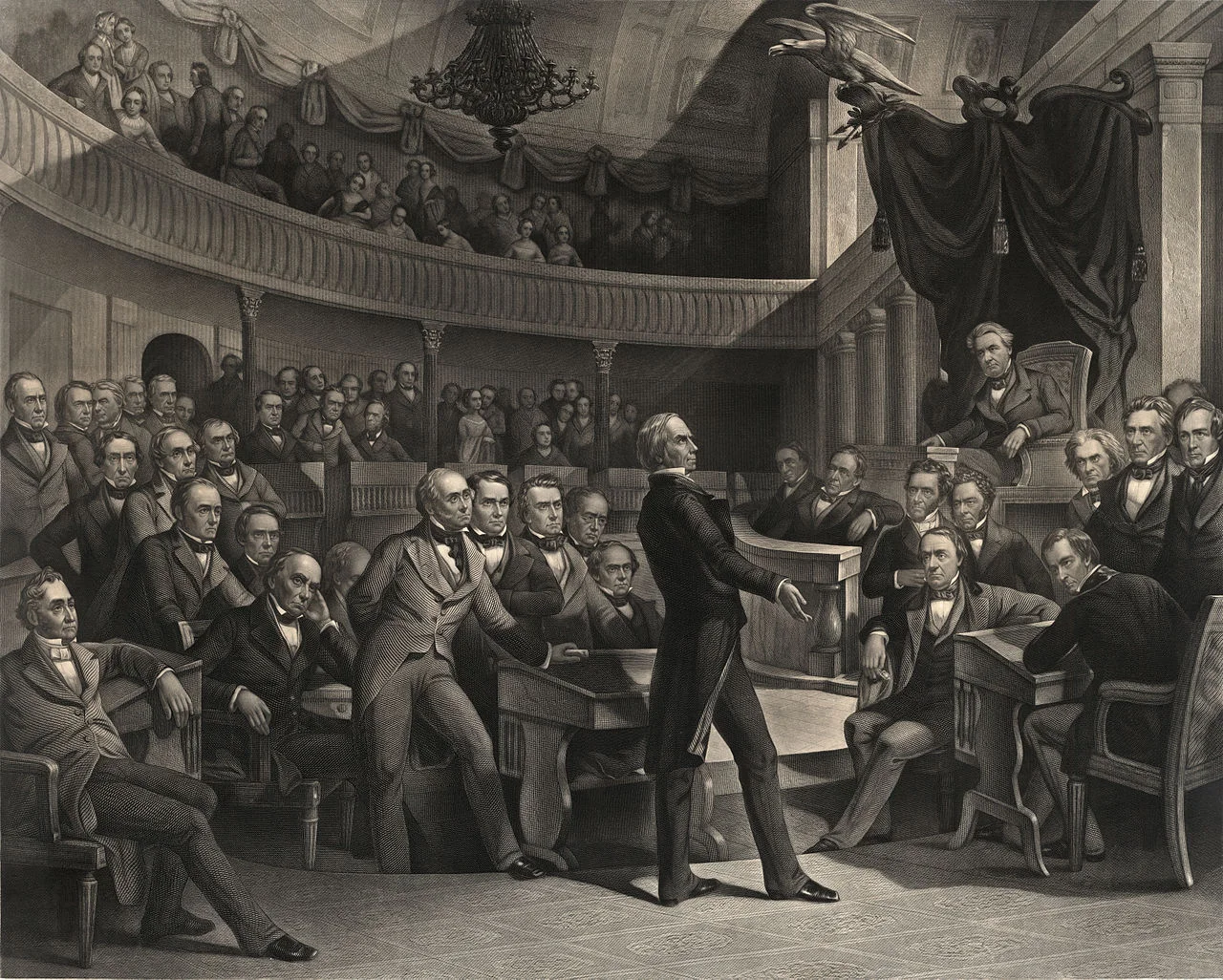
Rational Nondelegation
The nondelegation doctrine, which forbids Congress from transferring excessive power to the executive branch, has risen from the dead.
This article was originally published in the Harvard Journal of Law & Public Policy (Volume 47; Issue 3).
Nondelegation has risen from the dead. In the United States, the doctrine stands for the proposition that the Constitution forbids Congress from transferring excessive power to the executive branch to issue rules and make decisions with the force of law.“[T]he legislature makes, the executive executes, and the judiciary construes the law,” Chief Justice John Marshall observed in Wayman v. Southard. Nevertheless, he wrote, “the maker of the law may commit something to the discretion of the other departments.” In upholding a federal statute allowing the courts to set their rules of procedure, Chief Justice Marshall acknowledged that “the precise boundary of this power is a subject of delicate and difficult inquiry, into which a Court will not enter unnecessarily.
Despite the doctrine’s ancient lineage, the modern federal judiciary has found that inquiry so delicate and difficult as to have given up on the task. Since the New Deal, for example, the Supreme Court has never struck down a delegation for exceeding separation of powers limits. In Whitman v. American Trucking Association, theCourt unanimously upheld one of the broadest legislative delegations known: the Clean Air Act’s authorization that the Environmental Protection Agency set air quality standards “to protect the public health” with “an adequate margin of safety.” Indeed, the Court last invalidated a delegation of rulemaking power in two 1935 cases. Panama Refining Co. v. Ryan and A.L.A. Schechter PoultryCorp. v. United States even helped trigger President Franklin D. Roosevelt’s court-packing plan and the Court’s retreat from the close scrutiny of economic regulation.
Academics have largely declared the doctrine dead. Professors Eric Posner and Adrian Vermeule provocatively argue that Congress could delegate virtually all of its legislative power to the agencies. John Manning and Cass Sunstein separately observe that the values of the doctrine live on—at best—only in canons of statutory construction. Peter Schuck argues that “most broad delegations satisfy the formal requirements” of the Constitution and that, therefore, the merits of nondelegation really “turn on functional considerations” rather than constitutional ones.
Continue reading at the Harvard Journal of Law & Public Policy
Constitutionalism

Amicus Brief: Hon. William P. Barr and Hon. Michael B. Mukasey in Support of Petitioners
Former AGs Barr and Mukasey Cite Civitas in a SCOTUS Brief

Rational Judicial Review: Constitutions as Power-sharing Agreements, Secession, and the Problem of Dred Scott
Judicial review and originalism serve as valuable commitment mechanisms to enforce future compliance with a political bargain.

Supreme Court showdown exposes shaky case against birthright citizenship
Supreme Court will hear challenges to Trump's order ending birthright citizenship, testing the 14th Amendment's guarantee for babies born in America.

Charles Sumner’s Harmony with the Declaration
Sumner used the Declaration to increase the Constitution’s pursuit of forming a more perfect union.

Men and Women: Equal but Beautifully Distinct
Powerful interests are being served, but they are not those of young women competing in adolescent sports, or the larger need of our society to know that its words, laws, and public speech conform to the reality that we did not summon into being.


.avif)










.avif)



